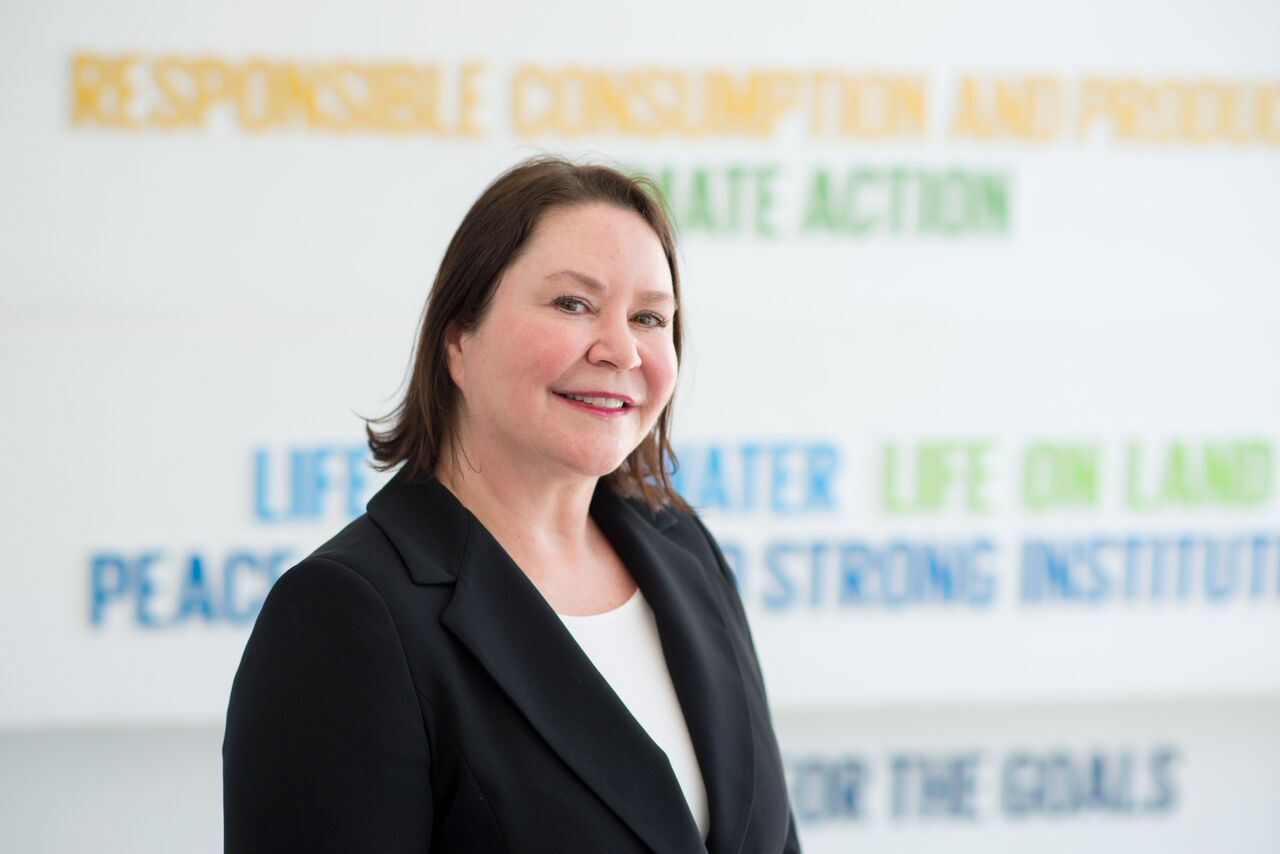In the past two years, Diplomacy&Commerce magazine has given to its readers abundance of news from politics, business and culture, has reported on the opinions of relevant stakeholders both from Serbia and abroad, covering all segments of life, and opened up topics that were not written or talked about enough. With its latest issue, Diplomacy&Commerce is celebrating its second anniversary in Serbia. We are very proud of the fact that, in two years and 24 issues, we have managed to interview the leaders of the Serbian political, business and diplomatic community, as well as the renowned regional and the global public figures. In these past 24 issues, we have also published special supplements dedicated to overall relations between Serbia and European and world countries.

We have asked Serbian officials – Serbian PM, government ministers, ambassadors and representatives of business associations in Serbia – to give us their opinions about the most important changes that Serbia should make in order to become an EU member, and about the investment climate in the West Balkan region.
1. What do you think are essentially the most important changes that Serbia should make in order to be ready for EU membership by 2025?
2. What do you consider the most European in Serbia (in culture, education, economy, education potential)?
-
The EU enlargement strategy for the Western Balkans, presented by the European Commission in early February, offers a clear path to membership of Western Balkan states including the Republic of Serbia. Like its neighbors, to join by 2025, Serbia would have to strengthen rule of law and governance. Further efforts are also needed to increase the competitiveness of country’s economy addressing unemployment, especially among young people, increasing prosperity and creating business opportunities. In addition, Serbia would also need to nurture good neighborly relations. The UN Country Team in Serbia remains committed to work hand in hand with the Government and people of Serbia on this path. Our five-year Development Partnership Framework 2016-2020 with the Government of the Republic of Serbia presents a comprehensive basis for the development cooperation with the UN system, including 19 UN agencies, funds and programmes, aimed at encouraging and improving the overall economic, social and environmental development of the Republic of Serbia. The strategy is fully aligned with the national development priorities of the Government of the Republic of Serbia, as well as with the priorities of the accession negotiations of the Republic of Serbia and the EU and the Agenda 2030.
2. We recognize the role of culture in Serbia as a development factor, and many programmatic activities in our five year Development Partnership Framework are focused on efforts to anchor culture with the country development strategy. Serbia shares the same cultural values as members of the EU – the same cultural heritage, the same interests, the same challenges the same opportunities. Serbia is home to many ethnic minorities who speak many European languages; the second longest European river Danube flows through Serbia. Stretching through 14 countries from the Black Forest to the Black Sea, and home to over 115 million inhabitants of diverse cultures, traditions and ethnicities, the Danube region is bursting with tourism potential. The potential of sustainable tourism in Serbia, as key driver of development, is especially recognized through work of World Tourism Organization, who as a member of UN Country Team in Serbia, has many programmatic activities in the country.